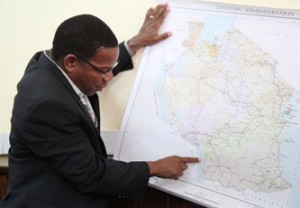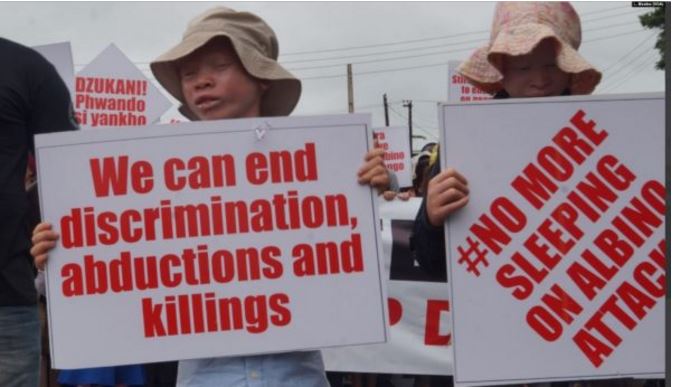Tanzania has dismissed as “biased and false” a recent Cable News Network (CNN) series, which claims that its border with Malawi lies on the shores of Lake Nyasa.The claim by the US news agency supports Malawi’s position on the dispute, local officials say, and does not augur well for efforts to settle the matter amicably.
The government has sent a protest note to the Atlanta-based television network on the series of reports, which it considers to be prejudiced, according to the Director of Tanzania Information Services, Mr Assah Mwambene.
In the letter, the government expresses its disappointment with the wrong information broadcast worldwide and asks for a correction. CNN aired the reports for three consecutive days last week.
“The government of Tanzania has been disappointed by the reports by CNN,” Mr Mwambene said. “We don’t know whether or not it was intentional but we have filed a letter asking for clarification.”
Asked whether the government has consulted the US ambassador to Tanzania, Mr Alfonso Lenhardt, he said Tanzania believes CNN is an independent media house guided by an editorial policy that the US government has no mandate to influence.
“I think the reportage has nothing to do with the US government and that’s why we have addressed our letter to CNN, telling them to correct it,” he noted.
The CNN series comes at a time when Tanzania and Malawi have agreed to disagree over the border dispute and opted for mediation.
The latest border row between the two countries follows recent claims by the government of Malawi that it owns all of the northern part of Lake Nyasa, in accordance with the Heligoland Treaty of 1890 between colonial masters Germany and Britain.
But Tanzania argues that, in accordance with International Customary Law, the border between the two countries is in the middle of the lake.
The two countries agreed that they would submit a letter, by November 24, to former Mozambican President Joaquim Chissano, who chairs the African Forum of former Heads of State within the Southern African Development Community, to arbitrate the matter.
That had not happened by mid- week, but Foreign Affairs and International Cooperation minister Bernard Membe said the two countries were sharing notes on the draft of the letter. The decision to involve an independent third party in the border row came after they failed to reach an agreement at a meeting held in Dar es Salaam earlier this month.
The dispute first surfaced in the 1960s after the two countries gained independence. It resurfaced this year after Malawi gave the British firm Surestream oil exploration rights in the lake.
During the last round of talks in Dar es Salaam, the Foreign Affairs ministers of the two countries agreed that the Africa Forum of Former Heads of State (Africa Forum) was the right organisation to mediate the Lake Nyasa border dispute.
In a joint statement after the talks, Mr Membe and his Malawian counterpart, Mr Ephraim Chiume, said they plan to ask the chairman, Mr Chissano, to step in and help avert a diplomatic crisis.
Mr Membe also reiterated Tanzania’s position that it will ensure the dispute is sorted out diplomatically. “We have agreed to disagree at this juncture,” he said when briefing reporters on the failed talks. “But this matter will still be solved diplomatically. We hope that our fundamental differences will be solved amicably.”
The border dispute dates back half a century. Last month, Malawi pulled out of similar talks after it accused Tanzania of intimidating its fishermen—an accusation the Tanzanian government denied.





No comments! Be the first commenter?